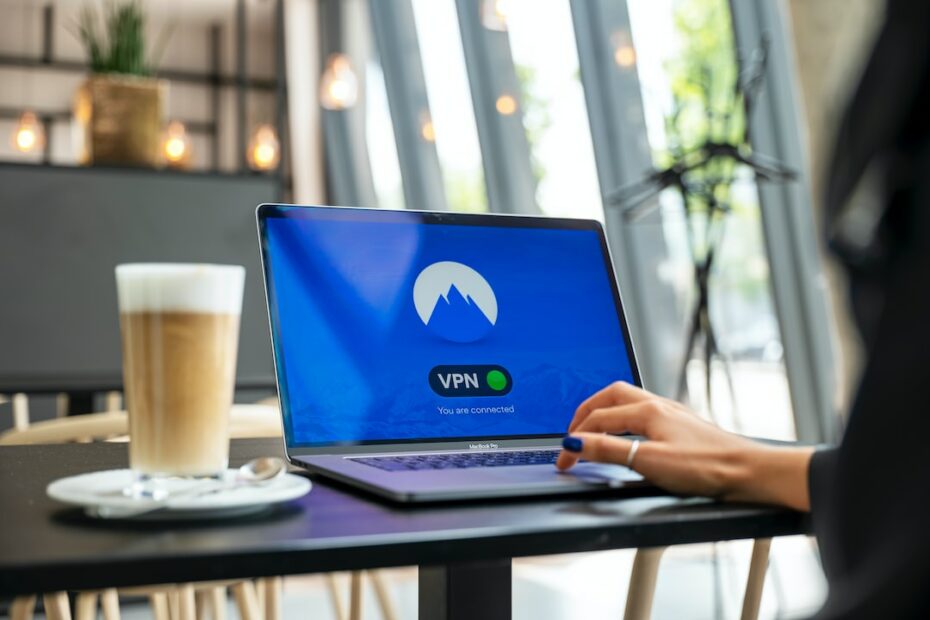Introduction to Torrenting and VPNs
Torrenting is a popular method of file sharing that allows users to download and upload files using a peer-to-peer network. Instead of relying on a central server, torrenting relies on the collective power of users who are both downloading and uploading the same file. This decentralized approach allows for faster download speeds and more efficient distribution of large files.
A Virtual Private Network (VPN) is a tool that can be used to enhance privacy and security while torrenting. When you connect to a VPN, your internet traffic is routed through an encrypted tunnel, making it difficult for anyone to intercept or monitor your online activities. This can be particularly useful when torrenting, as it helps to protect your identity and keep your online activities private.
Why Some Users Avoid VPNs When Torrenting
Despite the benefits of using a VPN for torrenting, there are some common misconceptions and reasons why some users choose not to use one. One common misconception is that using a VPN will slow down your internet connection. While it is true that using a VPN can introduce some latency, the impact on your download speeds is often minimal and can be mitigated by choosing a VPN provider with fast servers.
Another reason why some users avoid VPNs when torrenting is the additional cost of a VPN subscription. While there are free VPN services available, they often come with limitations such as data caps or slower speeds. However, investing in a paid VPN service can provide you with better performance and more advanced features, such as a kill switch to protect your privacy in case your VPN connection drops.
Risks of Torrenting Without a VPN
Torrenting without a VPN can expose you to both legal and security risks. From a legal standpoint, downloading copyrighted material without permission is illegal in many countries. When you torrent without a VPN, your IP address is visible to other users in the swarm, as well as to copyright holders and law enforcement agencies. This makes it easier for them to track your online activities and potentially take legal action against you.
In addition to legal risks, torrenting without a VPN can also expose you to security risks. Since torrenting involves connecting to a network of peers, there is a risk of downloading files that are infected with malware or other malicious software. Without the protection of a VPN, your IP address is exposed to potential attackers who can use it to target you with cyberattacks or gain access to your personal information.
Benefits of Torrenting Without a VPN
While using a VPN for torrenting offers many benefits, there are also some advantages to torrenting without a VPN. One of the main benefits is faster download speeds. When you connect to a VPN, your internet traffic is routed through an additional server, which can introduce some latency and potentially slow down your connection. By torrenting without a VPN, you can maximize your download speeds and get files faster.
Another advantage of torrenting without a VPN is the cost savings. VPN services typically require a subscription fee, which can add up over time. By not using a VPN, you can avoid this additional cost and allocate your resources elsewhere. However, it is important to weigh the potential risks and benefits before deciding whether to torrent without a VPN.
Choosing a Safe Torrenting Site
When torrenting, it is important to choose a safe and reputable torrenting site. There are several factors to consider when making this decision. First, you should look for a site that has a large and active user base. This indicates that the site is popular and trusted by many users. Additionally, you should check if the site has a good reputation for providing high-quality and virus-free files.
Some popular safe torrenting sites include The Pirate Bay, 1337x, and RARBG. These sites have been around for a long time and have established themselves as reliable sources for torrents. However, it is always a good idea to do your own research and read user reviews before downloading from any site.
Checking Torrent File Safety Before Downloading
Before downloading a torrent file, it is important to check its safety to avoid downloading malware or other malicious files. One way to do this is by reading the comments and reviews left by other users on the torrent site. If multiple users have reported issues with the file, it is best to avoid downloading it.
Another way to check the safety of a torrent file is by using antivirus software. Most antivirus programs have the ability to scan files for malware and other threats. Before opening or executing a downloaded file, you can run a scan to ensure that it is safe to use.
Using a Proxy Server for Anonymous Torrenting
A proxy server can be used to enhance anonymity while torrenting. A proxy server acts as an intermediary between your device and the internet. When you connect to a proxy server, your internet traffic is routed through the server, which then makes the request to the website or service you are accessing. This can help to hide your IP address and make it more difficult for others to track your online activities.
Using a proxy server for anonymous torrenting has its benefits and drawbacks. One of the main benefits is that it can provide an additional layer of anonymity, as your IP address is not directly visible to other users in the swarm. However, it is important to note that a proxy server does not provide the same level of encryption and security as a VPN. Additionally, some proxy servers may log your online activities, so it is important to choose a reputable and trustworthy provider.
Encryption Techniques for Safe Torrenting
Encryption is an important aspect of safe torrenting. Encryption involves encoding your data in a way that can only be decoded by authorized parties. When you connect to a VPN, your internet traffic is encrypted, making it difficult for anyone to intercept or monitor your online activities.
There are different types of encryption techniques that can be used for safe torrenting. One common encryption protocol is OpenVPN, which is known for its strong security and performance. Another popular encryption protocol is WireGuard, which is designed to be fast and efficient. It is important to choose a VPN provider that uses strong encryption protocols to ensure the security of your data.
Managing Your Torrent Downloads for Safety
To ensure the safety of your torrent downloads, it is important to follow best practices and take necessary precautions. One of the best practices is to use a reputable torrent client that has built-in security features. Some popular torrent clients include uTorrent, BitTorrent, and qBittorrent. These clients often have features such as built-in virus scanning and the ability to block malicious peers.
Another tip for staying safe while torrenting is to keep your software and operating system up to date. Software updates often include security patches that can help protect against known vulnerabilities. By keeping your software up to date, you can minimize the risk of being targeted by cyberattacks.
Conclusion: Balancing Convenience and Security When Torrenting
In conclusion, torrenting can be a convenient and efficient way to share and download files. However, it is important to balance convenience with security when torrenting. Using a VPN can provide enhanced privacy and security, but it may also introduce some latency and additional cost. By following best practices, such as choosing safe torrenting sites and checking file safety before downloading, you can minimize the risks associated with torrenting without a VPN. Ultimately, the decision to use a VPN when torrenting depends on your individual needs and priorities.
If you’re looking for a way to torrent without using a VPN, you may want to consider using a proxy instead. A proxy server acts as an intermediary between your device and the internet, allowing you to access websites and download files anonymously. To learn more about the differences between proxies and VPNs, check out this informative article on VPN-Investigation.com. It provides a comprehensive comparison of the two technologies and explains how a proxy can be a viable alternative for torrenting without compromising your privacy.




